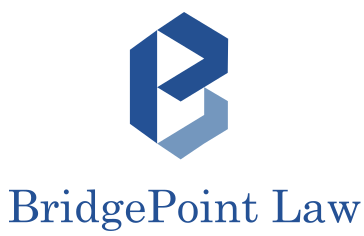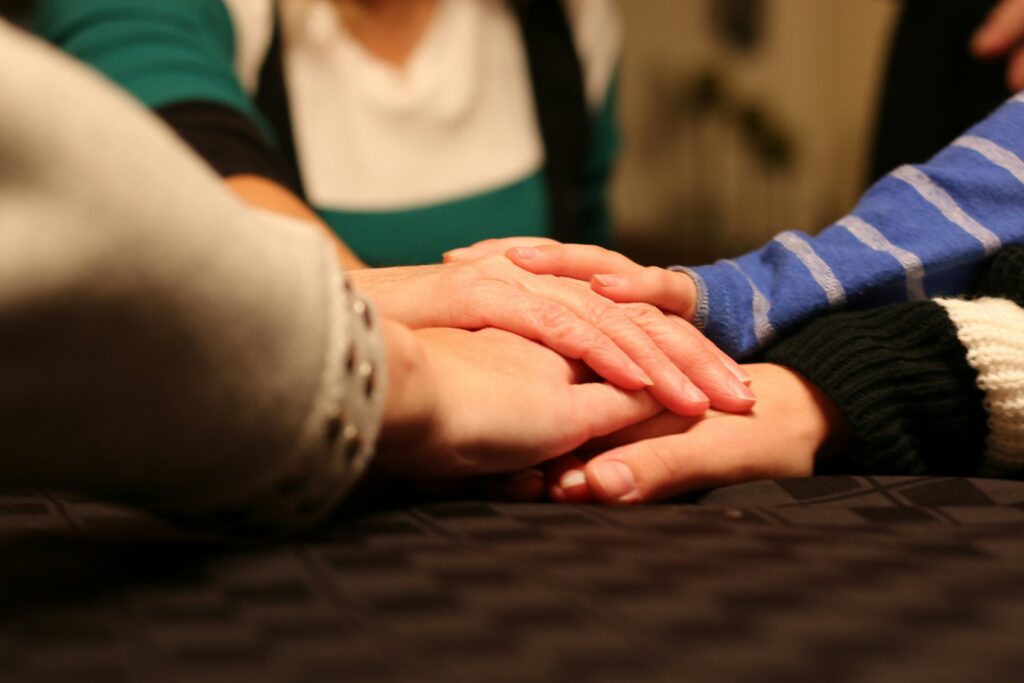Ningjing Zhang
BridgePoint Law Professional Corporation
As one of the few refugee-turned-lawyers in Canada, I spent almost four years living in a women’s shelter with my children before entering Queen’s Law. That journey shaped my entire approach to practicing law. My view of the profession is different because I was once a service user — someone who had to navigate fragmented systems, limited resources, and the unintended harms that even well-meaning professionals can inflict.
Now, as a lawyer, I work alongside social workers, settlement agencies, and community advocates to serve vulnerable clients. This work has taught me a central truth: our role as lawyers and service providers is not about us. It is about the people whose lives are on the line.
Centering the Client
At Queen’s Law, my professor David Freedman, one of Ontario’s leading voices in estate law, offered a lesson in estate litigation that has stayed with me. He told us: “We need to know our clients. Talk to them. Because when we take a case, it is not about you. It is about some people’s lives. It is about them.”
Those words ring especially true in immigration and refugee law, where clients often arrive carrying the weight of trauma, loss, and uncertainty. But they also apply more broadly to all areas of practice – family law, older law, criminal law, civil litigation, and beyond. Behind every “file” is a life — a family, a story, a set of hopes and fears. When we forget that, we risk reducing human beings to paperwork or stepping stones in our own professional journey.
Of course, lawyers face the reality of billable-hour targets and limited time. How can we truly get to know our clients without losing efficiency? We can have our own practise to adopt the principals. I do my best for a “first consultation rule” listening to the clients for at least 30 minutes without asking any questions. I do not interrupt clients at first with discussing legal principles. This way, I begin by knowing them as people, not just as legal problems to be solved.
Why It Cannot Be About Us
It is tempting in the legal profession to focus on our own expertise, reputation, or recognition. We prepare strong arguments, celebrate victories, and want to be seen as effective advocates. But centering ourselves in the process risks creating blind spots.
When I first sought help as a refugee, a refugee lawyer told me, “You look too smart to be a domestic violence victim.” That comment, however casual it may have seemed, left me in tears. It erased my lived reality and deepened my mistrust of the system. For me, it was a reminder of how easily professionals can harm their clients — not through malice, but through ego, assumptions, ignorance, or carelessness. This is why we must constantly remind ourselves: the work is not about us. We need to see our clients, listen to them and centre their needs and align with the legal methods.
A Story from the Shelter
When I was living in the shelter, I was on Ontario Works for a short period of time. I went to my Ontario Works case manager to ask for $150 to purchase LSAT preparation books. The LSAT organizer had kindly waived my exam fee after reviewing my bursary application, but I still needed study materials. I thought this small request would be seen as an investment in my future to go off social welfare system.
The answer I received was blunt: “No. We are Ontario Works, and we are not here to help you go back to school. I have a client who is a medical doctor from Afghanistan. She is a refugee and is working as a janitor at Tim Hortons. Why are you different? We are here to help you go back to work, not to go back to school.”
I remember sitting there, devastated. I had a part-time job with a minimum wage at that time. How could I get those $150.00? In the short term, my case manager was following the guidelines: Ontario Works was meant to push people back into the workforce as quickly as possible. But I knew, deep down, that night shifts at Tim Hortons would break me as a single mother with young children without any families in Canada. I have a Ph.D. Becoming a lawyer, on the other hand, could allow me to support my family sustainably and give back to society in a far greater way.
Did my case manager do something wrong? Not necessarily. She was following her mandate. But therein lies the problem: when we see clients only through the lens of targets, quotas, and short-term outcomes, we lose sight of the fact that they are real people with real lives. They are not numbers. They are not “files.” They are individuals with stories, dreams, and potential.
This lesson continues to shape the way I practice law. For me, the very name BridgePoint Law carries that meaning. I chose it because I want my firm to be a point — a bridge — for clients to build their lives in Canada. They do not need to remember me as Ningjing or Natalie. What matters is that they can step on this bridge, cross over their challenges, and move forward to a new chapter.
Holistic Care: Seeing the Whole Person
No client comes to us with a single, isolated legal issue. A refugee claimant may also be seeking stable housing, access to health care, sustainable employment, or a safe environment for their children. A client may also be coping with trauma, food insecurity, or precarious work.
If we focus only on the legal problem in front of us — for example, rushing through three long meetings to extract all the facts of a refugee claim and then filing quickly — we may feel efficient as a law firm, but we risk leaving the person unsupported in every other area.
At the beginning of my practise, I once met a client for a straight two-hour interview, pushing for every detail of her traumatic history. She broke down emotionally at the end of the appointment and took a while to put herself back together afterward. I learned from that mistake. Now, I limit interviews for vulnerable clients to about an hour and a half and encourage clients to see their doctors, social workers, religious advisors, or friends after our sessions. Holistic care means seeing the client as a whole person. It acknowledges the interplay of legal, social, emotional, and cultural factors. We cannot do it all ourselves — but together, we can help clients succeed.
Collaboration in Action
Collaboration is more than a slogan; it is a practice. It begins with listening. Social workers and frontline staff often know the client’s daily struggles far more intimately than lawyers can grasp in a one-hour consultation. Their insights can shape our legal strategies in powerful ways. I remember telling a social worker at the shelter several times that I did not believe I could make it to law school, that I just needed to “do something.” She looked at me and said she believed in me. She even encouraged me to picture what I wanted to do when I entered law school – although most of those dreams did not happen as I went to law school during the COVID-era. But her encouragement at that time was enough to carry me forward. Those were the small talks that I would never talk to my refugee lawyer.
True collaboration also requires mutual respect. Lawyers bring expertise in statutes, case law, and advocacy, while social workers contribute deep knowledge of trauma, systems navigation, and family dynamics. Neither can claim superiority in a client’s life. Each holds a piece of the puzzle, and both are essential for the client’s success.
Most importantly, collaboration reminds us to keep the client at the center. Every decision we make should flow from a simple but critical question: How does this choice affect the client’s well-being? If the answer serves our own professional pride more than the client’s needs, we must pause and reconsider.
Conclusion: Walking Beside, Not Ahead
Since becoming a lawyer, I have sometimes felt myself slipping into the writer’s arrogance — the temptation to believe the document is so well-written. I have to humble myself and use my client’s own words. Because in my area of practice, at its best, law is not about my victories or accolades. It is about restoring a client’s dignity, fostering resilience, and empowering them to rebuild their lives. It is work lawyers cannot do alone.
Professor Freedman was right: it is never about us. It is about the people whose lives intersect with ours in moments of vulnerability. That is why I want to remember my firm as BridgePoint Law. I want it to be a stepping stone — a bridge clients can cross to build a new life in Canada. They do not need to remember my name. What matters is that they step on the bridge, pass over safely, and move forward. Because in the end, it is not about us. It is about them.
Disclaimer: This blog post is for informational purposes only and does not constitute legal advice. If you need legal advice or assistance, please contact us at BridgePoint Law Professional Corporation.


